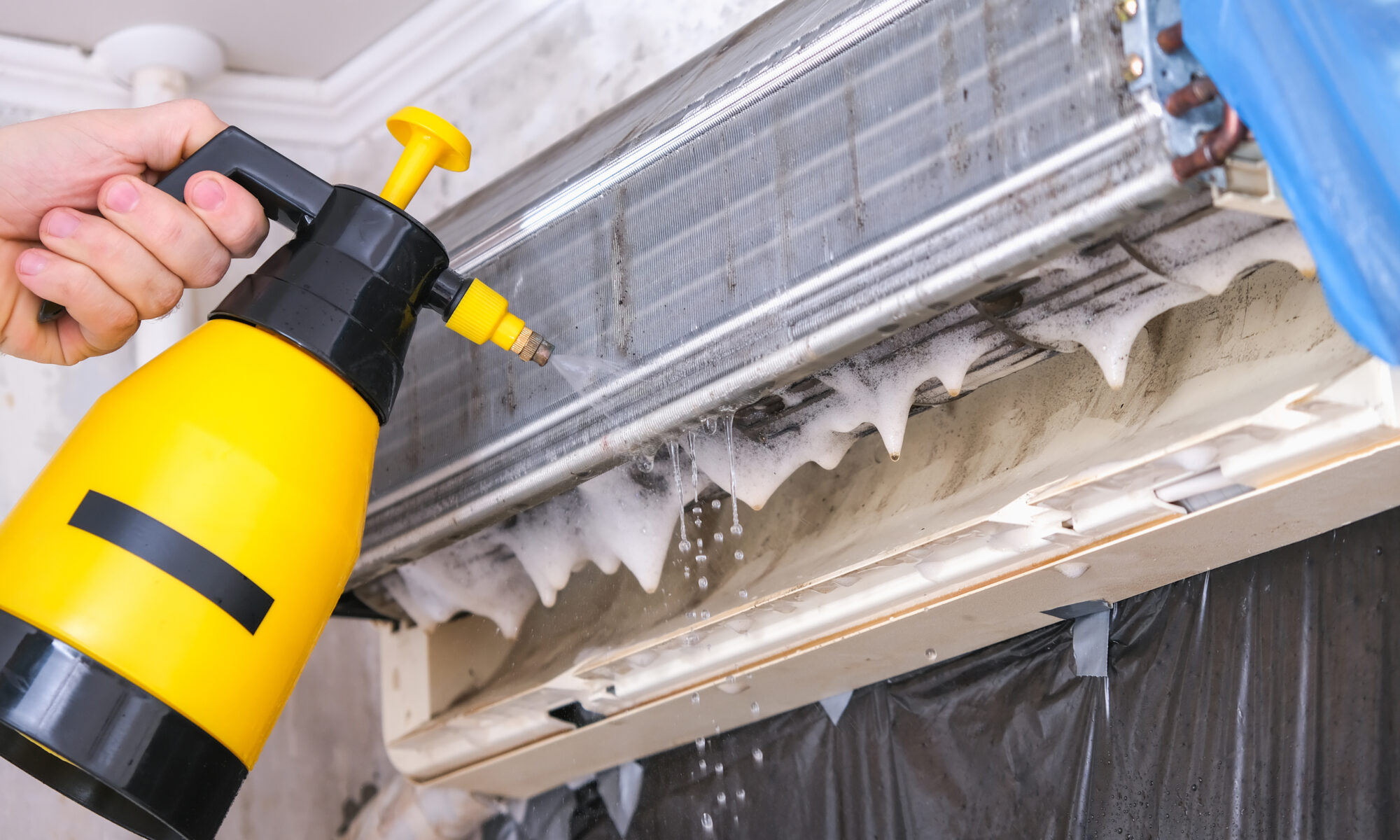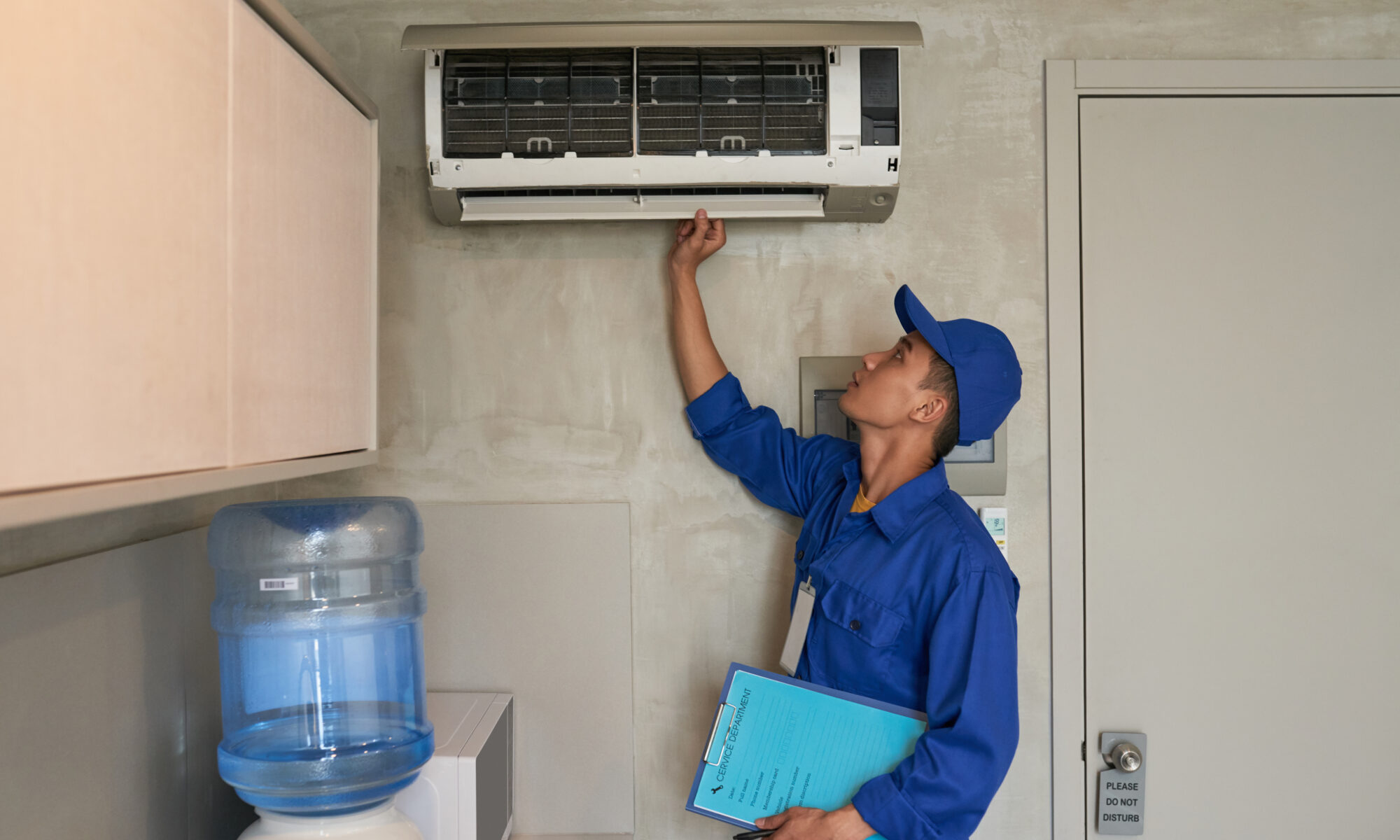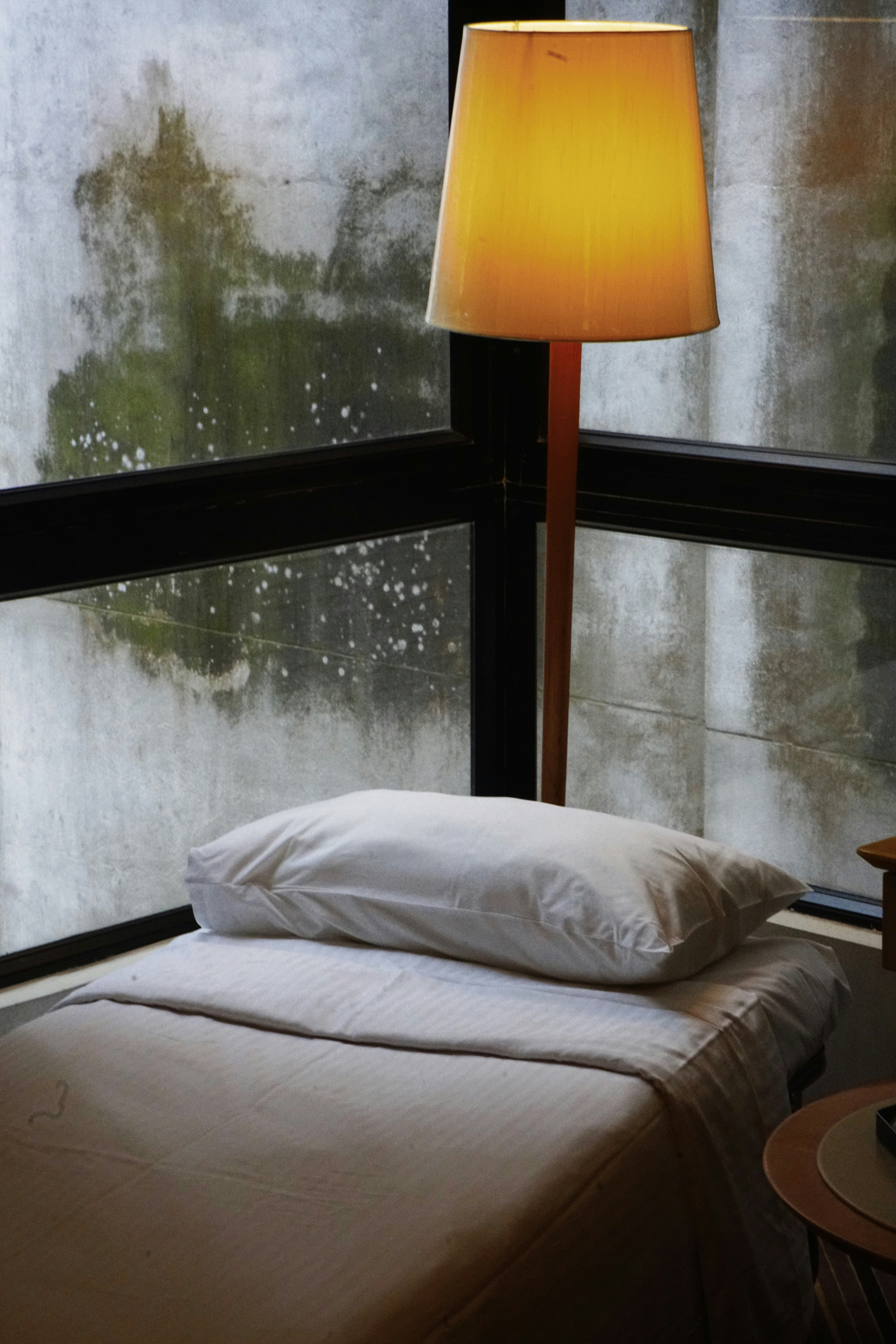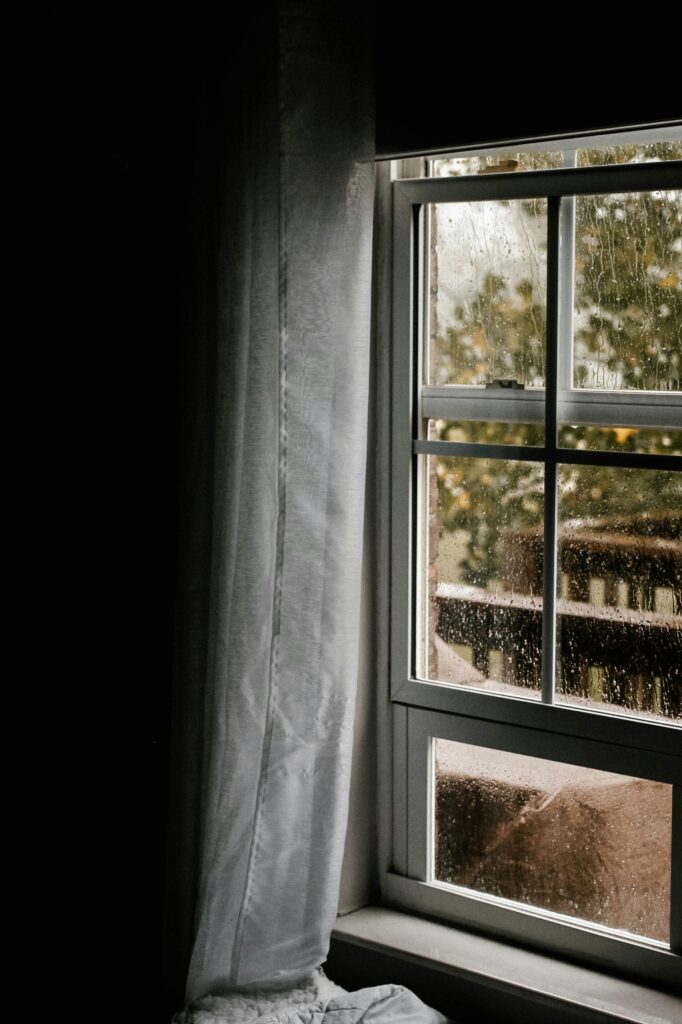The unpredictable weather in Singapore and the humid climate makes drying clothes here an absolute challenge. Especially if you don’t own a dryer. Many people wonder if using an aircon can help dry clothes faster or if it might leave them smelling musty? Read on to finding out how effective an aircon can be for drying clothes and uncover the secrets to making this method work for you.

How Aircon can help dry clothes
Aircons are designed to cool the air and reduce humidity levels. Which can theoretically help dry clothes faster by removing moisture from the air. But does it fully work?
| Reduced humidity | One of the primary functions of an aircon is to remove moisture from the air. This dehumidifying effect creates an environment where moisture from your clothes can evaporate more quickly. In Singapore’s high humidity, this is particularly beneficial as drying clothes indoors often takes longer without a significant drop in humidity. |
| Consistent air flow | Aircons ensure a steady airflow, which is essential for accelerating the drying process. Positioning your clothes near the aircon vent allows cool, dry air to pass over them, enhancing evaporation. This airflow prevents moisture from lingering and reduces the chances of musty odors. |
| Convenience | Using an aircon for drying clothes is a practical alternative to outdoor drying, especially during the rainy season. It eliminates worries about unexpected downpours or pollutants that can settle on clothes when hung outside. |
| Temperature Regulation | Unlike traditional dryers, aircons maintain a consistent, cool temperature, preventing heat damage to delicate fabrics. This makes it a gentle yet effective option for drying clothes that require extra care. |
Potential downsides and solutions
| Musty Odor | One common concern is that clothes might develop a musty smell when dried with an aircon. This would occur if clothes were not dried thoroughly and remain damp for too long. To avoid this, ensure clothes are spread out and not bunched together, allowing air to circulate freely around each item. Solution: – Spread your clothes out evenly on a drying rack, ensuring there’s enough space for air to circulate around each piece. – Consider using hangers for larger items like shirts or dresses to maximize air exposure. – Turn your clothes halfway through the drying process to ensure all sides are exposed to airflow. |
| Energy Consumption | Running an aircon to dry clothes can increase energy usage. To reduce this, use the aircon during regular timing and ensure the room is well-insulated to maintain efficiency. Solution: – Dry your clothes while the aircon is already in use to avoid additional energy costs. – Opt for energy-efficient aircon models and ensure your unit is regularly serviced to maintain peak performance. – Use a dehumidifier mode (if available) instead of the cooling mode to consume less energy while still removing humidity from the air. |
| Longer Drying Times | Aircon drying can take longer than using a traditional dryer, especially if the room is not well-ventilated. Solution: – Pair your aircon with a fan to improve airflow and speed up the drying process. – Close windows and doors to prevent warm, humid air from entering the room. This ensures the aircon can work more efficiently. |
| Impact on Aircon Longevity | Using your aircon for drying clothes frequently might lead to wear and tear if not properly maintained. Solution: – Schedule regular aircon servicing to clean filters and ensure the system is running efficiently. – Avoid overburdening the aircon by using it only when necessary for drying clothes. |
Expert Tips for Drying Clothes with Aircon
| Use the Right Setup | Invest in a foldable drying rack that can be positioned near the aircon vent. A tiered rack can help maximize space and allow airflow to reach all garments evenly. |
| Choose Lightweight Fabrics | Heavier fabrics like jeans or thick towels may take longer to dry with aircon alone. Prioritize lightweight items like t-shirts, underwear, and bed linens for quicker results. |
| Pre-Dry with a Towel | Before hanging your clothes, roll them in a clean, dry towel to remove excess moisture. This simple step can significantly reduce drying time. |
| Add Scent Boosters | To keep your clothes smelling fresh, add a few drops of essential oil to a piece of cloth and hang it near your drying rack. The aircon’s airflow will help diffuse the pleasant scent. |
| Time Your Drying Sessions | Run your aircon for a couple of hours and then check the dryness of your clothes. This helps you avoid running the unit longer than necessary, saving energy and extending its lifespan. |
Final Thoughts
Using an aircon can be an effective way to dry clothes, especially in humid climates like Singapore. By reducing humidity and maintaining airflow, an aircon can speed up the drying process and prevent clothes from developing a musty odor. However, it’s essential to use proper drying techniques and regularly service your aircon for optimal results.
For households looking for flexibility and convenience, aircon drying is an excellent alternative that complements modern living. Give it a try, and enjoy the benefits of a hassle-free laundry routine, rain or shine!













You must be logged in to post a comment.